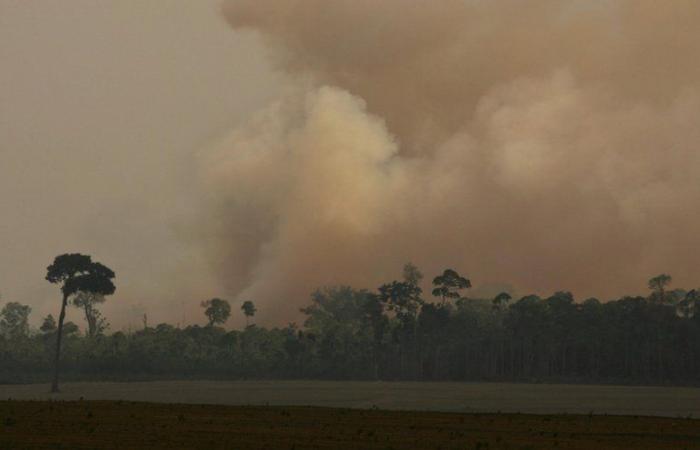
Mercosur is at the center of debates on the place of European agriculture on the market. As the EU plans to eliminate customs duties for member countries of this union, we explain what it is about in five minutes.
While new mobilizations of farmers are being organized, Mercosur is getting a lot of attention. And above all its free trade agreement with Europe, in negotiations for several years, which could well impact certain sectors.
Southern Common Market
The Mercato comun del Sur, or Southern Common Market, is an economic alliance of South American countries created in 1991.
Its main members are Brazil, Argentina, Paraguay and Uruguay, note The diplomatic world. Venezuela was part of it until 2017. In addition, seven countries have associate member status: Colombia, Chile, Peru, Bolivia, Ecuador, Guyana and Suriname.
82% of South American GDP
Mercosur countries coordinate their industrial, economic and agricultural policies. Between them, customs duties fall and so do borders. It is the equivalent of the European Schengen area, its Asian twin ASEAN, or even American Alena.
And these free trade facilities in South America have an impact. This market of 300 million people represents 82% of the continent's GDP, reports France Info. Mercosur is the 4th economic bloc in the world, behind ASEAN, NAFTA and finally the European alliance. The first country in the Southern Common Market is Brazil, nicknamed the “agricultural giant”.
The European project
In June 2019, the European Union and Mercosur concluded a commercial and political association agreement in order to facilitate free trade. Only since then, note Public Lifethe text has not been ratified, and the negotiations are at an impasse.
Also read:
“No to unfair competition”: Rural Coordination blocks the entry of the wine merchant Trilles, in Maureilhan, near Béziers
However, the EU needs it more than ever: its goal is to diversify its trade and depend less on China. Furthermore, in a context of war in Ukraine, economic independence is a dream for many.
The aim of both parties is to encourage and increase commercial relations on the one hand, and to promote cooperation and political dialogue on the other hand. The political basis of the agreement did not pose any problems, unlike trade issues.
The alliance would represent 800 million people. It provides that European companies will be able to export more to Mercosur. And that in return, its countries can export more food and agricultural products to the European Union. And that's where it gets stuck.
Farmers' discontent
The agreement is widely criticized. As early as 2019, France, the Netherlands, Austria, Germany and even Ireland sounded the alarm. Beyond the consequences for European farmers, these countries feared that ecological and health impact of the project is stronger than its economic benefits.
“Meat versus car”
If breeders would suffer from this free trade agreement, other sectors would benefit. This is for example the case of chemistry, pharmacy or the automobile industry. Reason why these tensions are crystallized around a new slogan: “Meat versus car.” The misfortune of one person makes the happiness of others.
On the farmers' side, the stakes are high. They fear not being able to compete with Brazilian cattle breeding, a juggernaut in this area which relies on hyper-industrialized production.
And moreover, French breeders point out, the fertilizers used for animal feed and the medicines administered to cattle do not meet the same standards as those of the EU, yet another concern. Not to mention the criticized methods of certain South American producers, notably fires caused in the Amazon forest to clear arable land.





